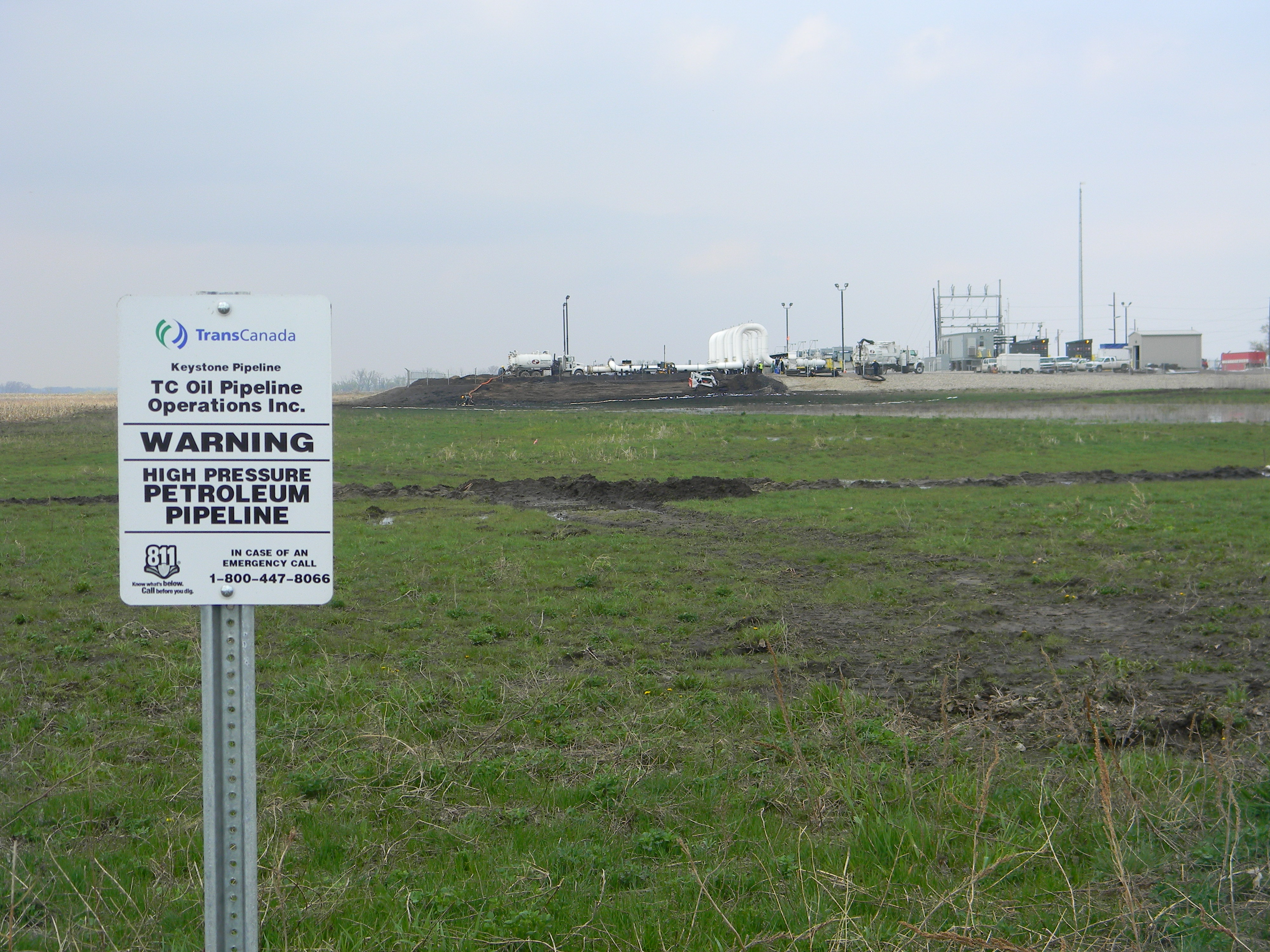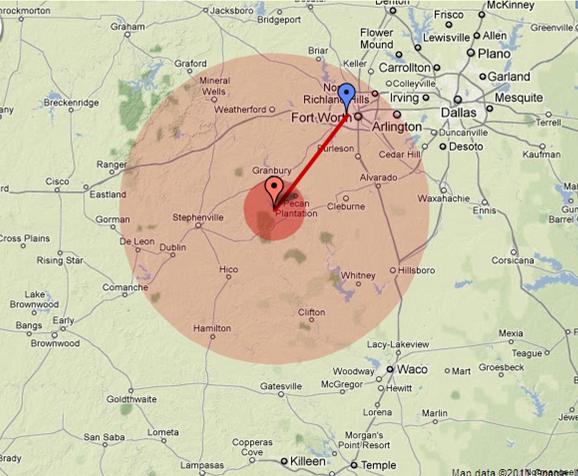The Texas Senate just unanimously approved House Bill 2694, the sunset bill for the Texas Commission on Environmental Quality.
Senate sponsors Huffman and Hegar fought to pass a clean TCEQ sunset bill and Senators Watson and Huffman clarified the intent of Senators to keep this bill clean in an anticipated House-Senate conference committee.
In the months leading up to the 82nd Texas legislative session, Public Citizen and numerous other organizations who are members of a coalition, the Alliance for Clean Texas (ACT) worked to alert the public to their opportunity to participate in the Texas Sunset process, turning out thousands of Texans at local town hall meetings to ask the Sunset Commission to make the Texas Commission on Environmental Quality do its job better — to more strongly protect our environment and communities from pollution.
The Sunset Commission heard the public and recommended that TCEQ be continued and that its powers to enforce pollution control laws be strengthened. House Bill 2694 as introduced in this session reflected those sunset recommendations. Although the bill was not perfect, it was a decent bill that would further environmental protection. The partner groups in the Alliance for a Clean Texas have supported it on that basis.
Unfortunately, the bill was hijacked on in the House floor by pro-polluter interests and amended to limit the rights of Texans to challenge permits to polluters for air emissions, wastewater discharges, hazardous waste disposal, and other pollution and to weaken the enforcement improvements in the original bill.
Fortunately the Texas Senate came to the rescue and jettisoned those pro-polluter amendments before passing the bill on the Senate floor today. Texans should express their thanks to the Senators and support the position of the Senate in conference committee.
We will update this blog with the names of the conference committee members as soon as they are named and encourage all who are concerned to call the conference committee members and ask them to pass out the senate version of the bill.





 The Texas Progressive Alliance thinks it’s never too early to plan your Sine Die Day activities as it brings you this week’s roundup.
The Texas Progressive Alliance thinks it’s never too early to plan your Sine Die Day activities as it brings you this week’s roundup.


